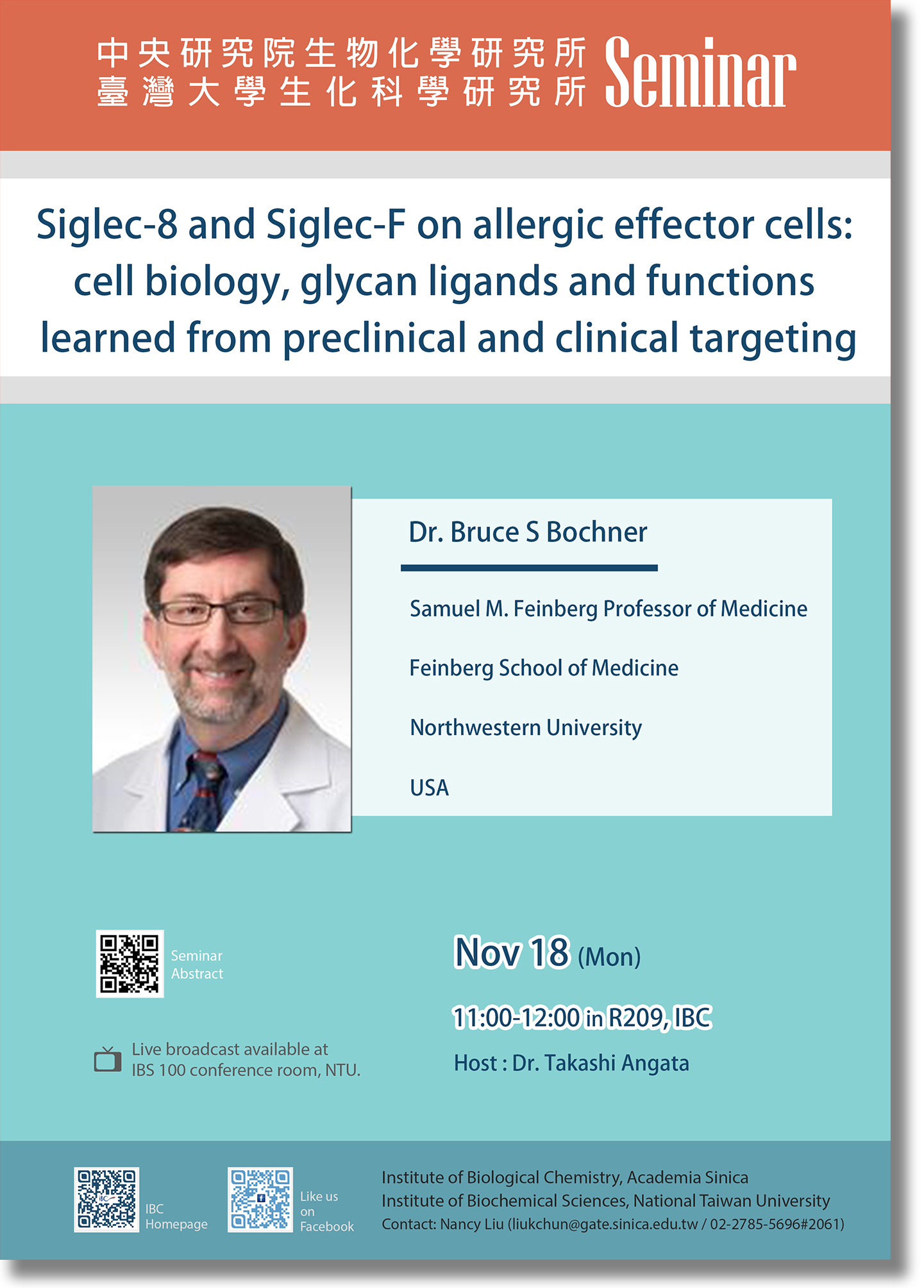
 中央研究院 生物化學研究所
中央研究院 生物化學研究所
中央研究院 生物化學研究所

 中央研究院 生物化學研究所
中央研究院 生物化學研究所
